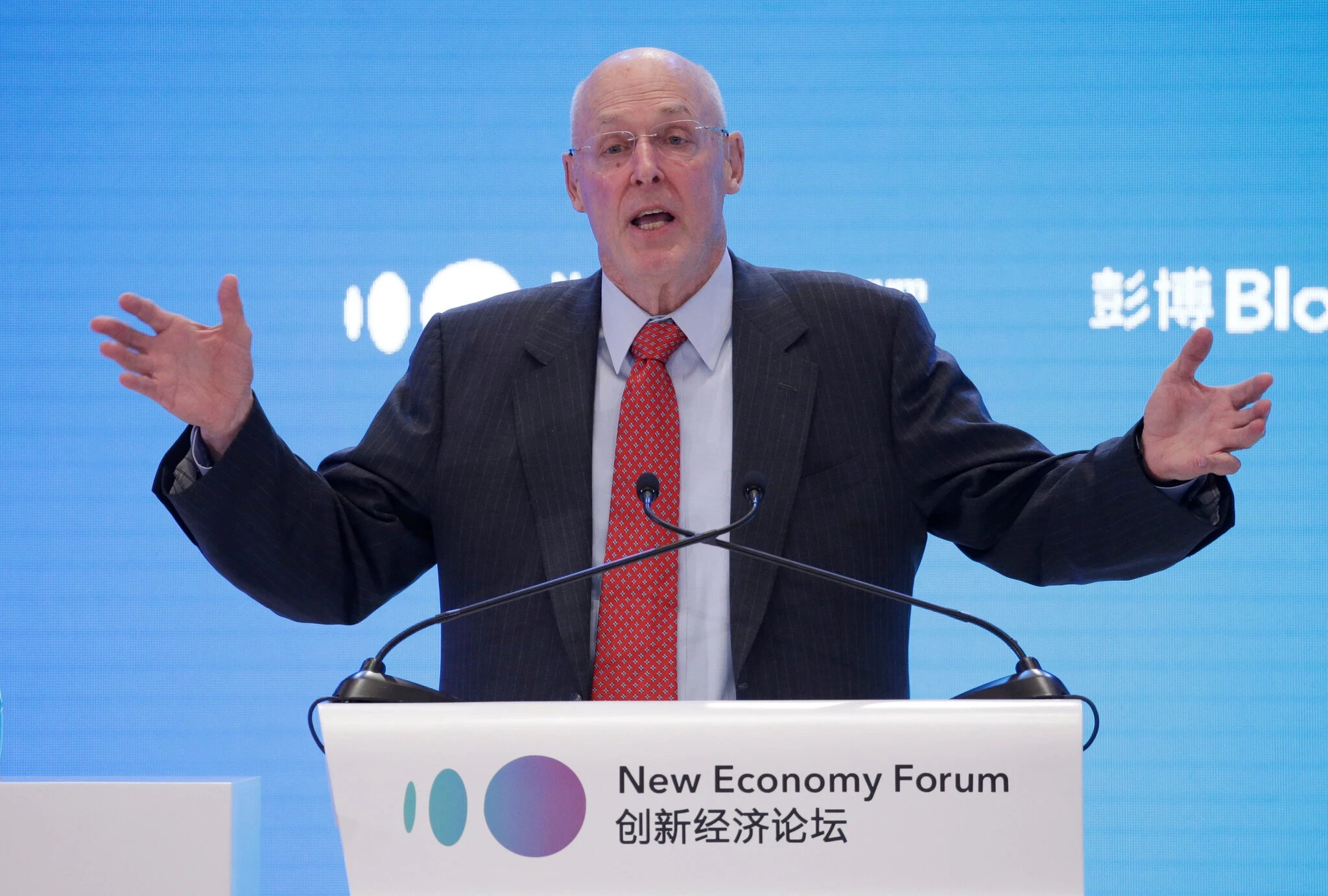Re-Essa Buckels | @ReessaBuckels
Sunday, 17 May 2015
After a big run leading into its first-quarter earnings report, shares of Vivint Solar fell 5 percent last week after posting disappointing earnings. Despite the Street’s reaction, however, CEO Greg Butterfield says he’s excited about the company’s move into the commercial solar business.
The solar installer reported a loss of 57 cents per share on revenue of $9.55 million on Tuesday. The company blamed the miss on rising costs, which ballooned to $23.9 million from $11.2 million a year ago. Increased head count and lower efficiency due to winter weather conditions were key factors behind the uptick in expenses.
Butterfield, whose company is the second-largest residential solar provider according to industry analysts, said on Vivint’s earnings call that expansion into the commercial space could be a growth area.
In an interview on CNBC’s “Fast Money” last week, Butterfield explained how the company’s alliance with Blackstone—Vivint Solar’s second-largest shareholder—would “cut costs, form better relationships with its manufacturers, and allow a convergence of residential and commercial solar projects.”
“Customer demand is still very very strong,” Butterfield said, adding that “We think we had a great quarter.”
Saying they deployed more power than they initially forecast, Butterfield added: “We’re building an infrastructure to meet the demands of what we view to be a very positive year in 2015.”
Although the segment isn’t factored into forward guidance, Butterfield insisted the alliance would create synergies between the residential and commercial business.
‘A tough nut to crack’
The commercial solar market is considered by industry insiders to be a bit of a roller-coaster ride. In 2014, demand for commercial solar dropped 6 percent from the prior year, although analysts are predicting a rebound this year.
According to Avondale Partners senior research analyst Michael Morosi, the Blackstone relationship is a “key differentiator.” Yet Morosi pointed out that jumping into the commercial sector has “always been a tough nut to crack.”
Even though commercial and industrial is a large opportunity, the industry has seen a number of false starts pursuing it, he added. According to Morosi, as new commercial installations declined in 2014, residential solar surged by 50 percent, helped largely by incentives designed to spur renewable energy use.
Financing in the commercial space is “less established and uniform” relative to residential segments, he added.
Another challenge facing Vivint in the commercial space could come from the company’s existing competition. SolarCity and Sungevity are also working on plans to address the market.
Metropolitan Capital Advisors’ Karen Finerman, who holds positions in SunEdison and SolarEdge, said the Blackstone story could eventually push Vivint’s stock higher.




